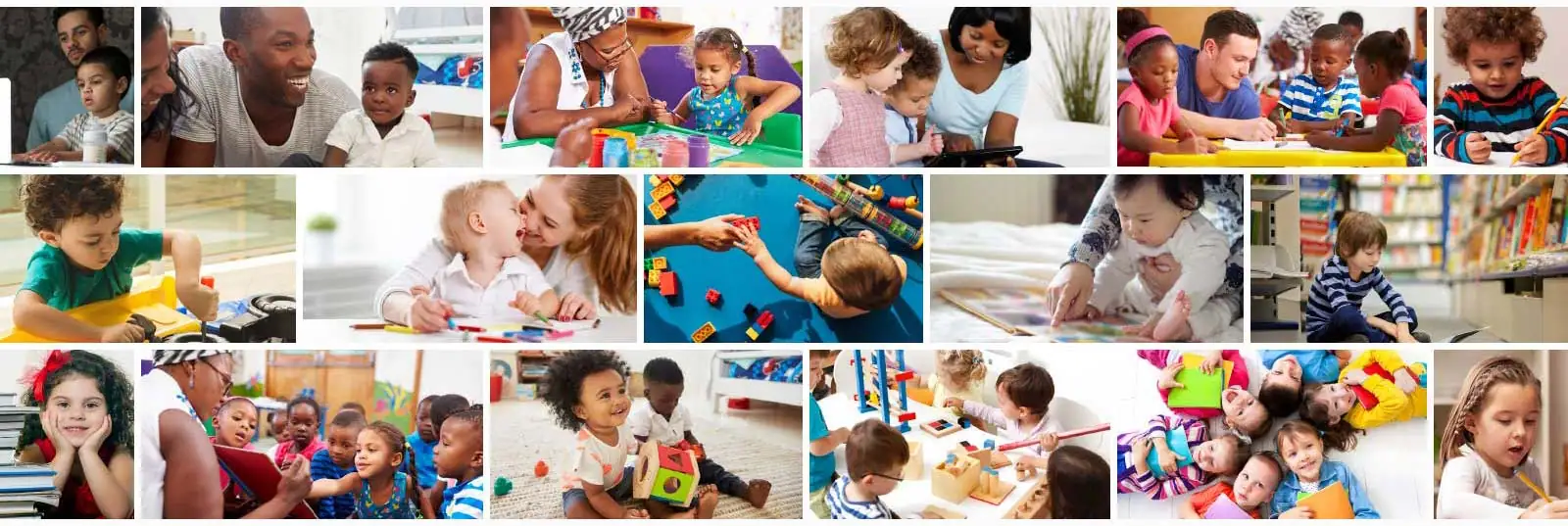Bright Start TN Clearinghouse
Browse by Measure of Success by clicking the tabs. You may also search the Clearinghouse below.
High-Quality Early Learning
Health & Development
Family & Community
Measure Of Success
Grade-level Proficiency PreK to 2nd Grade
The major indicator for this measure of success is the percent of children PreK-2nd grade on-track in reading (language and literacy) and math.
Early academic skills related to literacy and math are the most significant predictors of future academic achievement. Key early literacy predictors for reading and school success include alphabet knowledge, phonological awareness, rapid automatic naming of letters or numbers, rapid automatic naming of objects or colors, writing and phonological memory. Early math skills, such as counting and number sense, predict reading, math and science achievement in later years.
- Hernandez_2012_Double Jeopardy: How Third-Grade Reading Skills: Longitudinal analysis of 3,975 children in the United States between 1979 and 1989. Explored the effects of both reading proficiency levels in third grade and poverty on high school graduation rates. Found that students who did not read proficiently in third grade were four times as likely to not graduate high school than those who were reading proficiently. Living in poverty exacerbated these effects. Black and Hispanic children who were not reading proficiently in third grade were about twice as likely as similarly situated white children to not graduate high school.
- Lesnik et al_2010_A Longitudinal Analysis of Third-Grade Students: Longitudinal study of 26,000 children in the Chicago Public School system who were monitored from third grade (in the 1997-98 school year) through college. Participants were stratified by grade reading level (below-level, at-level, and above-level) based on their percentile ranking of reading scores on the Iowa Tests of Basic Skills. Results found that a student’s reading level at third grade significantly predicted their reading level at eighth grade. Results showed that students who were above-grade level in reading in 3rd grade were more likely to enroll in and graduate from college than those who were below-grade level.
- Duncan et al_2007_School readiness and later achievement: Meta-analysis of six longitudinal datasets examining the relationship between school-entry academic, attention, and socioemotional skills and later school reading and math achievement. The strongest predictors of later achievement are school entry math, reading, and attention skills.
- McClelland et al_2006_The impact of kindergarten learning-related skills: Analysis of 260 children in Greensboro, NC who entered kindergarten between the ages of 48 to 71 months. Participants were monitored from kindergarten through sixth grade. Measured effect of kindergarten-related skills, including self-regulation, responsibility, independence, and cooperation, on child academic achievement, as measured by reading and math proficiency. Found that a child’s kindergarten-related skills was predictive of their reading and math achievement and growth trajectory by second grade. Children with low levels of kindergarten-related learning skills were more likely to fall behind on reading and math proficiency by second grade than those with high levels of learning skills.
Return to Clearinghouse Home




